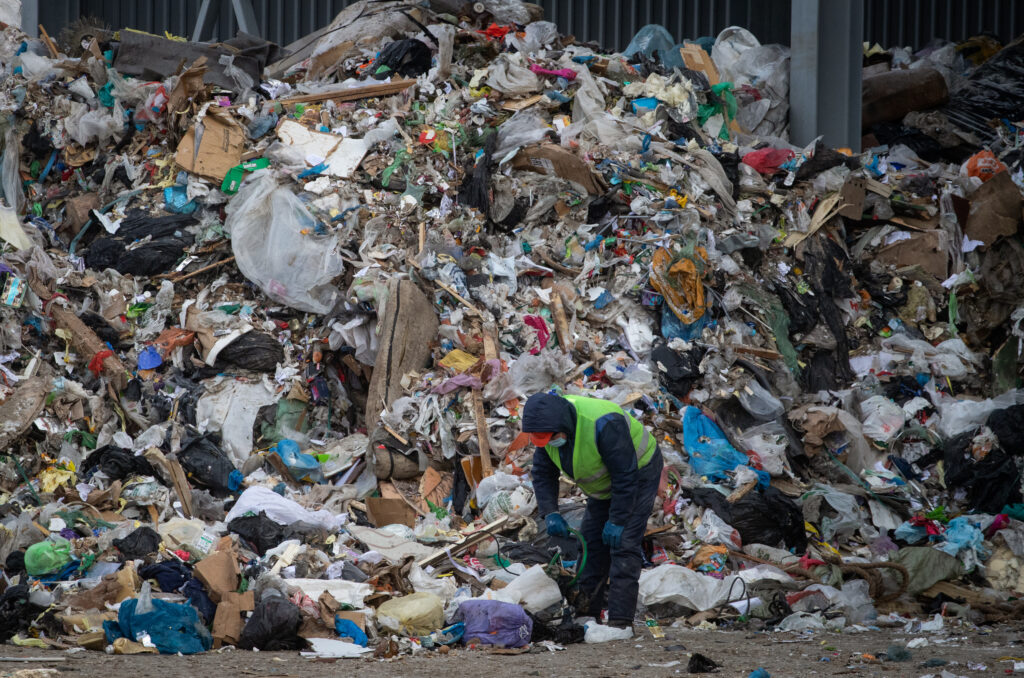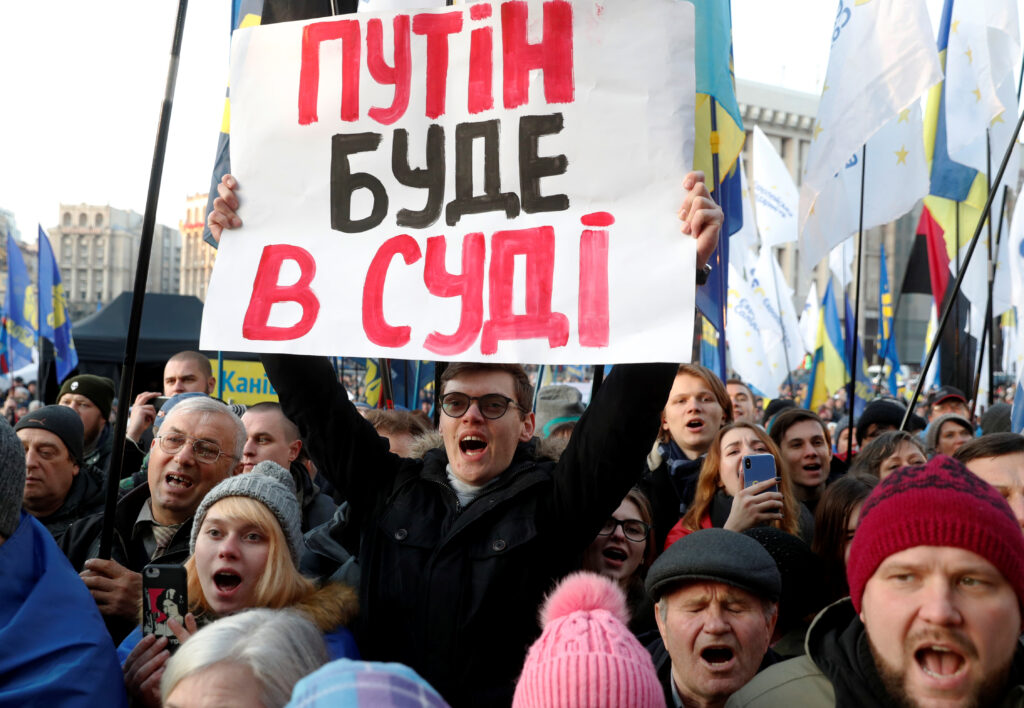Oleg Deripaska has a history of back and forth with American regulators, in particular with the Office of Foreign Assets Control (OFAC). In April 2018, for instance, Deripaska was included in the SDN (Specially Designated Nationals List). Then, he struck a deal: in January 2019, En + and RUSAL was taken off the sanctions list; in return, Deripaska reduced his stake in them and ceased to be a controlling shareholder. Those negotiations took nine months. They involved legal methods, of course; but also a PR campaign to protect the interests of the oligarch, playing on US fears of Chinese influence.
Deripaska, however, could not come to terms with the formal loss of control over his companies. In March 2019 he filed a lawsuit against the US Treasury and OFAC. In the suit, the businessman claims he has become the “last victim” of the political struggle in the United States due to the alleged Russian interference in the presidential elections in 2016. According to Deripaska, the sanctions against him were imposed unfairly and illegally. As a result, he clams to have lost $7.5 billion — about 81% of his fortune. He demands to remove his name from the sanctions list and the “Kremlin report”. He requests not to be called an oligarch, and wants the evidence base that was used when imposing the sanctions to be disclosed. He wants his legal fees paid as part of the damages too.
By June 20, 2019, Deripaska’s lawyers clarified the claim. In particular, his status as an oligarch is denied. It is also claimed that the only source on which OFAC’s decision was based, speaking of the businessman’s connection with the Putin regime, was an article in The Nation written a decade ago. A large part of the lawsuit is devoted to the presentation of “attacks” on the businessman by the US Treasury and OFAC.
Resorting to Krasnodar
At the same time, Deripaska filed a claim to the Arbitration Court of the Krasnodar Region for the protection of honor and business reputation against two British broadsheet newspapers, the Telegraph and the Times of London, and the American edition of The Nation. The duration of the consideration of the case, including the issuance of the final reasoned decision, was 1 month and 12 days — a record of sorts for the judicial arbitration system in Russia. And the court, in its decision of October 25, 2019, recognized the plaintiff’s claims as fully justified. That said, it avoided resolving questions about the jurisdiction of this dispute to this court. Nor did it dwell on the composition of the co-defendants (the articles have authors, so why are only publications involved?). The causal relationship between publications a decade ago and Deripaska’s inclusion in the US sanctions lists was also unclear..
The purpose of obtaining this court decision was to admit it to the American court as evidence. And, to refute another case lost in October 2017. In that case, the court heard allegations from the AP that Trump’s campaign manager Paul Manafort lobbied for Deripaska’s interests in the United States and violated the FARA Act. The court dismissed the claims of defamation, and.Deripaska was also unable to prove the claim that he was associated with the Russian authorities was slander.
Back in Krasnodar, the Arbitration Court of the Krasnodar Region was in a hurry to hand over to the defendants its ruling and submit it to the American court. Such a hurry, in fact, that they did not even wait for it to come into legal force after a month from the date of its adoption.
Still, by June 2019, Deripaska decided to petition OFAC again. He wanted the decision to add him to the sanctions list reviewed out of court and administratively delisted. Deripaska pointed out that the circumstance that led to the imposition of the sanctions (his ownership of EuroSibEnergo) has lost relevance, since he has relinquished control over the En + group, which includes EuroSibEnergo. As a result, OFAC removed the companies En +, Rusal and EuroSibEnergo from the sanctions list. Deripaska also said that his inclusion in the sanctions list on the basis of decree No. 13662 was erroneous, since EuroSibEnergo does not work in the “energy” sector (energy, that is, oil and gas), but in the power generation sector.
A leaked letter and the battles resume
In February 2020, The Financial Times (FT) published an OFAC letter to Deripaska’s lawyers. The letter contains information substantiating the regulator’s arguments regarding the connection between the oligarch and the Kremlin. In March 2020, the US Treasury refused to satisfy Deripaska’s petition to lift sanctions on him.
The refusal to lift the sanctions in an administrative manner led to renewed court activity by June 6, 2020, when the businessman’s lawyers sent an updated memorandum. It calls into question the powers of OFAC and the US Treasury, which, according to the plaintiffs, are contrary to the purpose of the IEPA Act (International Emergency Economic Powers Act, 1977). According to this law, the President of the United States can use urgent economic measures in a declared national state of emergency — but only if such measures are aimed at specific threats that caused the declaration of the state of emergency.
That is, the inclusion of Deripaska in the sanctions lists based on Presidential Executive Decrees 13661 and 13662 (“Blocking Property of Additional Persons Contributing to the Situation in Ukraine”) should have been linked to the national emergency. At the same time, the defendants note that the sanctions against the oligarch are a response to Russia’s “worldwide malign activities.”
The authors of the memorandum highlight how OFAC reported that the businessman “supports the projects of Vladimir Putin.” But in their opinion, this is not the same as “acting on behalf of someone” (or “being an agent of someone”). The lawyers tried to prove that Deripaska acted as an independent person in the mentioned projects. In the pleading part of the memorandum, the plaintiff demands to exclude him from the sanctions lists based on Executive Decrees 13661 and 13662, provide detailed justification for including the plaintiff in such lists, annul the plaintiff’s definition as an oligarch, and also exclude his name from section 241 of the Law on Countering America’s Adversaries through sanctions ”(CAATSA).
Judge Amit Mehta has not yet ruled on this case. Even so, the renewal of licenses for GAZ can be considered a definite reaction to this memorandum on the part of OFAC. Since 2018, GAZ Group has been included in the sanctions list (SDN list). GAZ and some of its subsidiaries are exempted from sanctions through the provision of general licenses. General license No. 151 of July 16, 2020 removed from the sanctions (authorized) for a period until January 22, 2021 financial transactions (receiving or providing brokerage, banking and financial services, including financing and debt restructuring), payment and receipt of dividends from GAZ funds. According to OFAC, permitted transactions also apply to American entities.
General license No. 130 dated July 16, 2020 extended the authorization until January 22, 2020 and removed the refusal or transfer of debt obligations, shares and assets owned by the GAZ Group or their subsidiaries from the sanctions for non-American persons. This license also exempts from sanctions activities to facilitate the transfer of debt, shares and other assets of the GAZ Group between non-US entities.
The actions of the American regulator speak of two things. Firstly, the regulator clearly does not intend to lift the blocking sanctions on Deripaska. It can be assumed that the court will accept the position of the American regulator. After all, the procedural tactics of the plaintiff, which changed several times in the course of the process, speaks to unstable grounds for complaint. Secondly, Deripaska will most likely have to negotiate the withdrawal of ownership over GAZ, which will require further interaction between the businessman and the American authorities.
Deripaska’s case should be considered in the context of other Russian sanctioned cases in the American court system. To date, in addition to the Deripaska case, there are two more completed cases. At the end of 2018, a lawsuit by Valentin Gapontsev and IPG Photonics Corporation against the US Treasury and its head Stephen Mnuchin was submitted to the District Court for the District of Columbia (Washington). In the lawsuit, Gapontsev and his company asked to take measures to exclude him from the sanctions list. Since 2001, his lawyers contend, he has been living in the United States, has American citizenship and all his business is also concentrated in the United States. So he has nothing to do with the Russian political elite and must be considered a mistake that the Russian Forbes included him in the list of Russian billionaires. In September 2019, the parties came to an amicable agreement, which suggests that neither the plaintiff nor the defendant won.
The second case, which was ruled on September 17, 2020 before the District Court for the Southern District of New York. Viktor Vekselberg’s cousin, Andrew Intrater (US citizen), filed a lawsuit against the US Treasury in July 2019, as OFAC froze his assets after SDN sanctions were imposed on Vekselberg. The plaintiff’s demands were that the court found a violation by OFAC of the fourth amendment to the US Constitution (guarantees every American the right to protect identity, home, papers and property from unreasonable searches and arrest) and the fifth amendment (guarantees due process, prohibiting re-bringing to responsibility for the same offense, the right not to incriminate oneself, guarantees for requisitions). The Court, in rejecting the Fourth Amendment violation claim, agreed with the defendants’ argument that there is an important public and governmental interest in ensuring that the SDN-listed property is blocked and sanctions imposed. The temporary ban on the use of property is based on the fact that the government deprives SDNs of the ability to manipulate property. The plaintiff could have applied to OFAC for a special license and asked to unblock the property, but he did not.
Regarding the Fifth Amendment violation, the court found no evidence that the defendant had abused due process, as the plaintiffs themselves had refused to file an administrative appeal. Deripaska’s demand to admit the violation of the fifth amendment looks more reasoned, since he applied for an administrative appeal to OFAC, but he was refused. But here it must be borne in mind that Deripaska is not a US citizen, so an appeal to the US Constitution is hardly justified.
In general, Deripaska’s activity on the judicial field does not strengthen his position in front of the American regulator, and often even harms him (as in the case against the Associated Press in 2017). A calm, consistent policy of removing his companies from sanctions could lead to more positive results.










